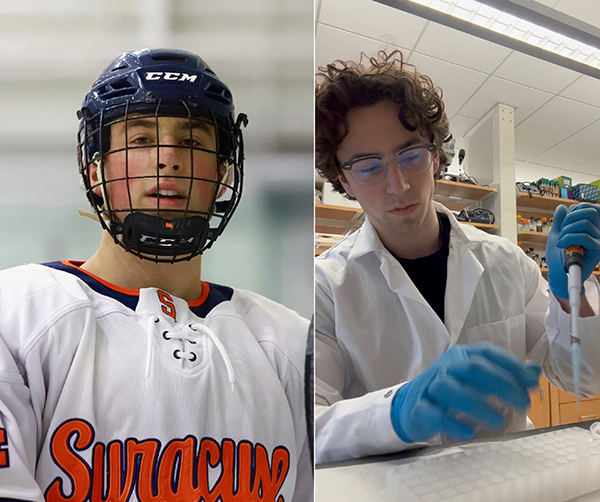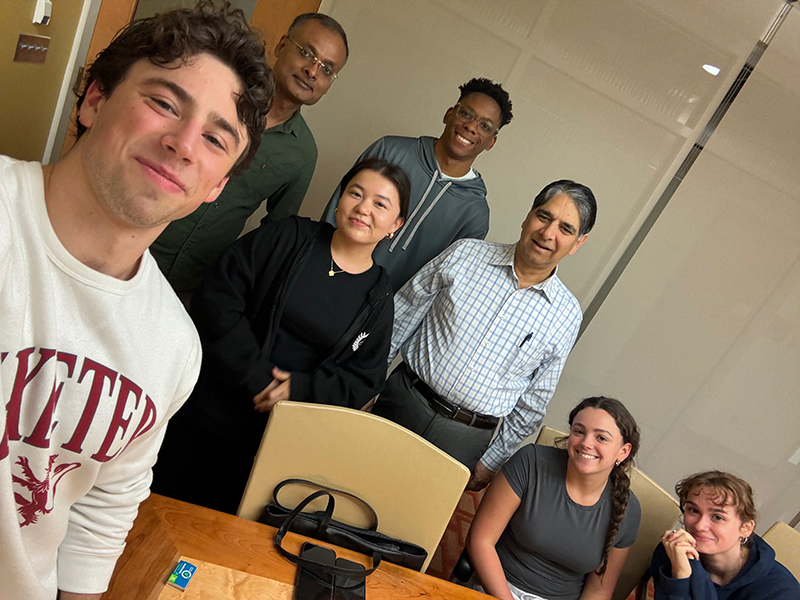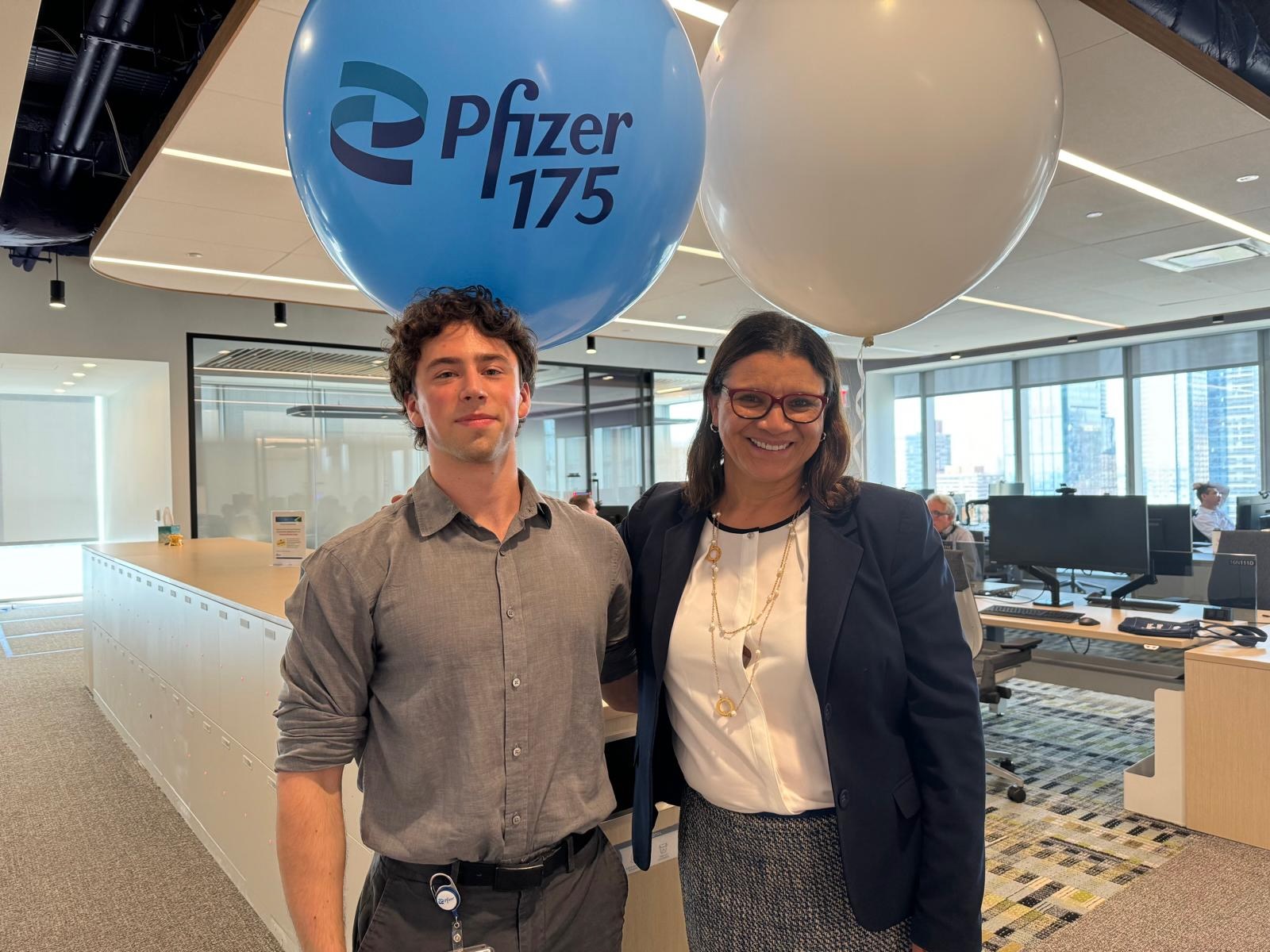NSF I-Corps Semiconductor and Microelectronics Free Virtual Course Being Offered
University researchers with groundbreaking ideas in semiconductors, microelectronics or advanced materials are invited to apply for an entrepreneurship-focused hybrid course offered through the National Science Foundation (NSF) Innovation Corps (I-Corps) program. The free virtual course runs from Sept. 15 through…




